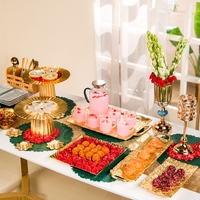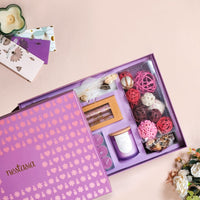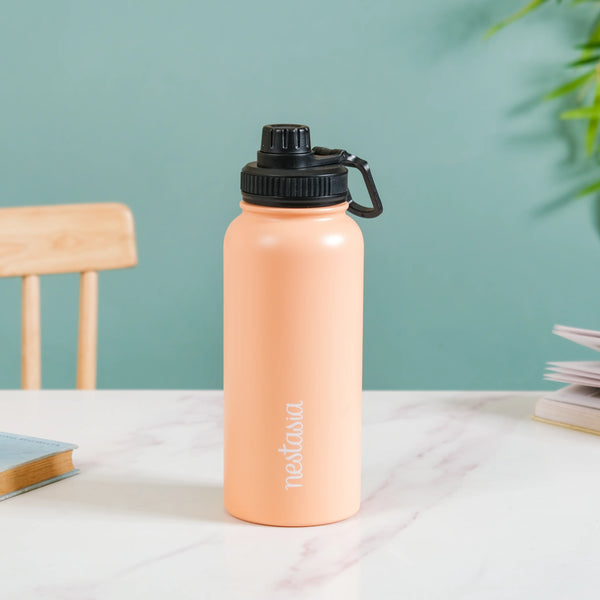Ramadan Kareem everyone!
The holy month of Ramadan is here, and it’s a special time for Muslims. It’s a time when Muslims form a more profound connection with their religion, give back to their community, and reflect on themselves.
Like all religions, Islam has many different types of Muslims and traditions that they uphold. But when it comes to Ramadan, fasting is a shared ritual among nearly all. Between the hours of sunrise and sunset, Muslims don’t eat or drink anything for the entire month. And while it may begin optimistically, it can also be easy to falter as the month goes on, especially when one is trying to maintain their health.
But worry not, dear reader, we’ve got a few tips and tricks that will help you stay hydrated and energized all day long during this auspicious month.
Breakfast Is Always The Most Important Meal…
During Ramadan, there are two times Muslims are allowed to eat. Early in the morning, also known as suhoor, and again once the sun goes down during iftar.
Suhoor is extremely easy to skip because, let’s face it, programming your body to build up an appetite at 3.30 in the morning can be difficult, to say the least. However, it’s the most important meal of the day for Muslims. Furthermore, the food you choose to have during suhoor, determines your energy levels throughout the day.
Many people opt for heavy carbohydrates, thinking they’ll sustain them throughout the day, but quickly realize that that’s not the case. Instead, a healthy diet that includes:
-
Healthy fats such as avocados and nut butter support heart health
-
Protein-rich foods like eggs, yoghurt, and nuts help keep you full longer while also providing essential nutrients.
-
Complex carbohydrates like oatmeal mixed with fruits, dairy, and a bit of chocolate provide sufficient energy throughout the day, unlike simple carbs such as chips and bread that we tend to snack on throughout the day.
-
Vegetables that are high in water content like cucumbers and oranges act as an additional source of hydration.

Don’t Wait To Hydrate…
In general, drinking water has many health benefits, ranging from preventing headaches, dehydration, and kidney stones to mood swings and increased fatigue. Therefore, continuously hydrating while the sun is set, is essential. Also visit Nestasia's glassware collection to elevate your suhoor and iftar meals.
You should aim to have 1-2 glasses during iftar and at least 2 liters between iftar and suhoor. This averages out to 1 glass of water every hour. Also visit our water bottle collection to have a handy hydration buddy by your side during the night.
Portion Sizes:
It’s a common misconception to overeat once you break your fast, as you think this will sustain you the following day. However, Ramadan is a month-long celebration, not a day’s event. Therefore, after a whole day of not eating and drinking, overeating can increase morning fatigue and lead to weight gain.
Instead, be mindful of how much you consume while also paying attention to your hunger signals. Eat when you feel hungry and stop once you are satisfied.
Exercise:
It’s important to remain active during Ramadan. Light exercises such as morning walks, yoga, and stretches can improve digestion and overall well-being, and keep you active throughout the month. However, avoid active exercises during fasting, as this can lead to over-exhaustion and dehydration.
The Bottom Line:
Ramadan can be challenging for one’s health and it pushes you to your limit. However, it helps you connect with yourself and your values on a much deeper and more rewarding level. Therefore, by following a few simple tips and tricks, you can stay energized throughout the day.






















